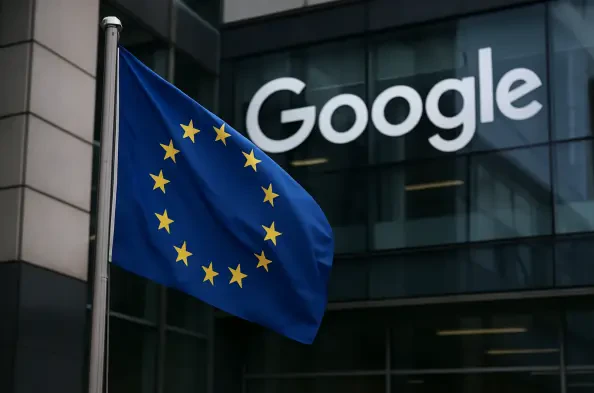The recent cyberattack on Kurita America, a subsidiary of Tokyo-based Kurita Water Industries, has sent shockwaves through the water treatment sector, highlighting the urgent need for enhanced cybersecurity measures. On November 29, unauthorized access to Kurita America’s servers led to the encryption of sensitive company data, forcing the U.S. subsidiary to disconnect affected servers to contain the malware. The incident underscores the vulnerability of critical infrastructure and the pressing necessity for companies to bolster their cybersecurity frameworks against increasingly sophisticated threats. The company, headquartered in Minnesota, has worked diligently to restore its primary servers and has launched an in-depth investigation with forensic experts to assess the damage and prevent future breaches.
The compromised data potentially includes customer information, business partner data, contact information, purchasing data, and other proprietary assets, raising significant concerns about privacy and information security. While Kurita America has not confirmed whether ransomware played a role in the attack, the use of encryption is a hallmark of such malicious activities. As the company navigates the repercussions of this breach, it is issuing advisories to customers to remain vigilant against suspicious emails and verify payment details through trusted contacts. This proactive approach aims to mitigate further fallout and protect stakeholders from secondary threats often associated with cyberattacks.
Growing Threats in the Water Industry
U.S. authorities have consistently warned the water industry of the increasing cyber threats posed by both state-linked hacktivist groups and financially motivated cybercriminals. These threat actors target known security weaknesses and exploit poor cyber hygiene practices within the industry. A significant portion of these vulnerabilities can be attributed to the use of default passwords, the absence of multifactor authentication, and the exposure of critical systems to the public internet. The water industry’s reliance on outdated cybersecurity practices not only puts individual companies at risk but also threatens public health and safety, given the essential nature of water services.
The Environmental Protection Agency’s Office of Inspector General recently published a report underscoring these security lapses. The assessment revealed vulnerabilities across 300 water systems, serving approximately 26 million people in the United States. The findings emphasize the widespread nature of these security issues and the potential consequences of neglecting to address them. Notably, the report calls for immediate action to enhance the cybersecurity infrastructure within the sector to prevent similar incidents that could have far-reaching implications for society.
Noteworthy Incidents and Industry Response
Incidents like the one experienced by Kurita America are not isolated. Recent months have seen similar breaches that have further underscored the mounting cyber risks faced by the water treatment industry. For instance, in October, hackers targeted American Water Works, compromising various data. Another attack in September impacted a water utility based in Arkansas, Kansas, further illustrating the persistent threat landscape. These incidents collectively bring to light the critical challenges facing the sector and the imperative for a coordinated response to mitigate such dangers.
As Kurita America collaborates with forensic experts to review and reinforce its security protocols, the entire industry is urged to take heed and implement robust cybersecurity measures. Companies must prioritize the adoption of advanced technologies and best practices, such as conducting regular security assessments, deploying multifactor authentication, and ensuring systems are not unnecessarily exposed to the internet. Moreover, raising awareness and educating employees about common cyber threats can serve as a first line of defense against potential attacks. The urgency is palpable, and the call to action for enhanced security measures is more relevant than ever.
Conclusion: Implications and Future Directions
The recent cyberattack on Kurita America, a branch of Tokyo-based Kurita Water Industries, has rocked the water treatment sector, emphasizing the urgent demand for improved cybersecurity protocols. On November 29, hackers gained unauthorized access to Kurita America’s servers, encrypting sensitive company information. This forced the Minnesota-headquartered subsidiary to disconnect the affected servers to stop the malware’s spread. The event highlights the vulnerabilities within critical infrastructure and the immediate need for companies to strengthen their cybersecurity defenses.
The compromised data includes customer details, business partner information, contact info, purchasing data, and other confidential assets, raising significant privacy and information security concerns. While Kurita America hasn’t confirmed whether ransomware was involved, the encryption suggests it’s likely. In responding to this breach, the company urges customers to remain vigilant against suspicious emails and verify payment details through trusted sources. This proactive stance aims to prevent further fallout and protect stakeholders from secondary threats commonly linked to cyberattacks. The company continues to work with forensic experts to assess the damage and enhance future security measures.






